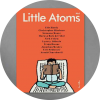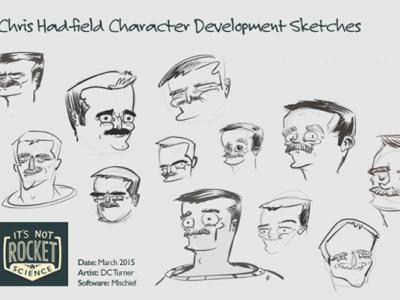Related Posts
“Science is what stops us living in caves”
In this episode Professor Brian Cox takes us back to the beginning of the universe to discuss what the Large Hadron Collider will do for science and what science does for us.
“The further back in time you look the simpler it appears, if you want to understand the building blocks but also the forces that stick them together this is the best way to do it”.
The LHC accelerates protons to 99.999 per cent of the speed of light, around the ring 11,000 times a second.
Cox hopes the LHC will help us understand the fundamental mechanism of how mass was generated.
But more than that, the LHC may answer some unexpected questions. “The universe is full of things we don’t understand, like dark matter. We might discover extra dimensions, or signposts as to why gravity is such a weak force.”
Science receives 0.23 per cent of GDP, roughly £3.5 billion a year. With so many questions to answer, Cox argues that current funding is inadequate.
“We built the modern world, and that’s only from a few people doing a bit of research, because it’s under funded. We spent £800 billion bailing out the financial sector. That’s more money than we spent on physics since Jesus”.
With investment in research and development but also scientific literacy, Cox hopes we will find some of the answers to our questions and predicts that “something beautiful and profound will emerge in the next 20 years”.


